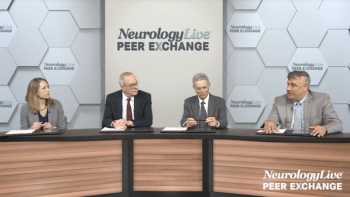
Videos

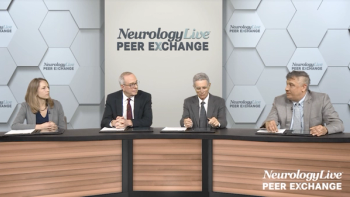
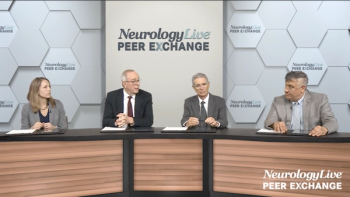
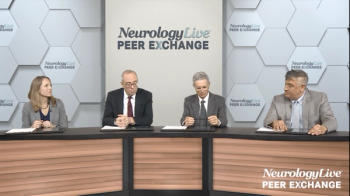
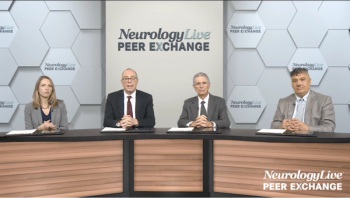
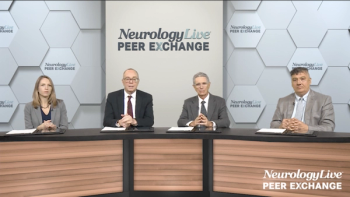









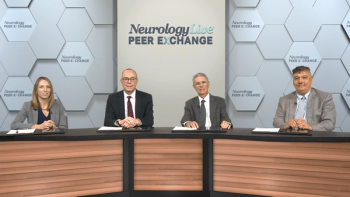

Preliminary results show that the whole genome information can be used to assess the association between predicted gene expression in different parts of the brain and sleep, suggesting where brain genes are expressed matter for variability in sleep.

Neurology News Network for the week of February 14, 2019.

Despite accessibility to antiepileptic drugs in high-income settings, more than one-third of patients with newly diagnosed epilepsy were not treated or had delayed treatment.

The director of the Pediatric Epilepsy Center at UCSF Benioff Children’s Hospital discussed the efficacy profile of ZX008, for which Zogenix recently submitted a new drug application to the FDA for the treatment of Dravet syndrome.

The Director of the Jefferson Headache Center spoke about migraine therapies that hold excitement and promise in the new year.

Neurology News Network for the week of February 2, 2019.

Here: Results from a clinical study of African-American patients with mild cognitive impairment.

The Baldwin Keyes Professor of Neurology and director of the Jefferson Comprehensive Epilepsy Center at Thomas Jefferson University spoke about the trial of the Visualase MRI-guided laser ablation system and the unmet needs in epilepsy.

The director of the Pediatric Epilepsy Center at UCSF Benioff Children’s Hospital discussed the findings and the importance of discovering more about mechanisms of action.

The pediatric epileptologist at Nicklaus Children’s Hospital spoke about the future of epilepsy and shared which studies of the condition that he’s been keeping an eye on.

The director of Pediatric Epilepsy at Centennial Children's Hospital spoke about the need to increase epilepsy's awareness and the clinical development of several agents that he is keeping his eyes on.
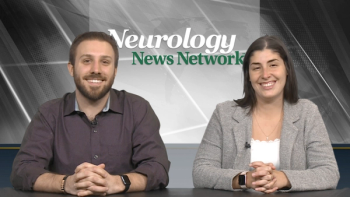
Neurology News Network for the week of January 26, 2019.

The associate professor of neurology and neuroscience at Weill Cornell Medicine spoke to the specifics of the trial as well as the investigators’ goals.

The Anne Parrish Titzell Professor of Neurology and Neuroscience at Weill Cornell Medicine’s Feil Family Brain and Mind Research Institute discussed how to make the decision about who will end developing Alzheimer and who will not when amyloid buildup occurs.
